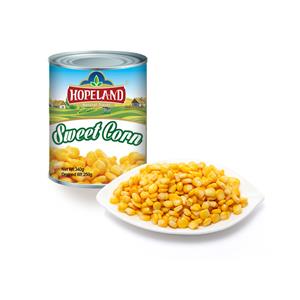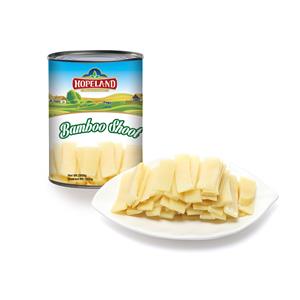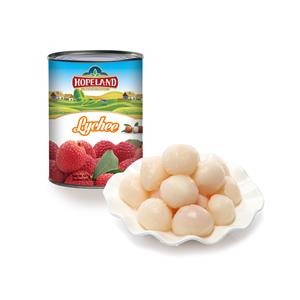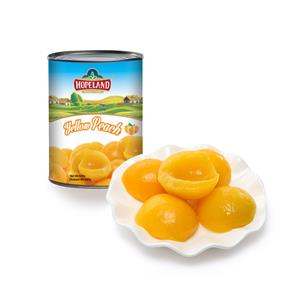Health Benefits of Baby Corn
In the world of vegetables, each has its unique nutritional profile and contribution to human health. Among them, baby corn stands out not only for its charming miniature appearance but also for its versatile culinary uses and abundant health benefits. Whether stir-fried in Asian dishes, tossed into colorful salads, or used as a garnish for gourmet meals, baby corn has carved out a niche in global cuisines.
Despite being less commonly used than mature sweet corn, baby corn is gaining popularity for its low-calorie content, high fiber, and array of essential nutrients. But like any other food, it’s important to enjoy baby corn in moderation, as overconsumption may cause digestive issues or allergic reactions in some individuals.
In this comprehensive guide, we will explore the health benefits, nutritional value, potential side effects, and best ways to consume baby corn, backed by expert insights and research.
What is Baby Corn?
Baby corn is exactly what its name suggests — immature corn harvested early while the ears are still small and tender. Unlike mature sweet corn, baby corn is soft enough to be consumed whole, including the cob. It is widely used in Asian, Thai, and Chinese dishes, and often appears in salads, soups, stir-fries, pizzas, and pasta.
Although it looks and tastes different from mature corn, baby corn comes from the same plant. The key difference lies in the timing of harvest. By picking the corn early, before fertilization and full kernel development, baby corn retains a tender texture and a significantly lower starch content. This makes it a favorable food option for people seeking healthier, lighter meals.
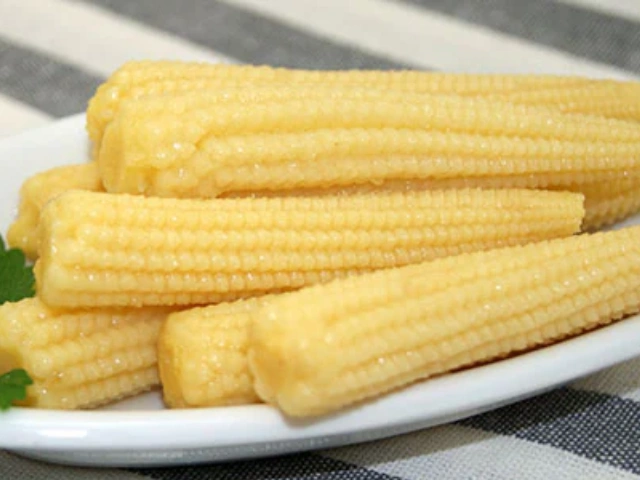
Nutritional Profile of Baby Corn
Baby corn might be small, but it packs a powerful nutritional punch. Here's an overview of its key nutrients (per 100 grams of raw baby corn):
Calories: 26–30 kcal
Carbohydrates: 5–6 g
Protein: 2 g
Fat: <0.5 g
Fiber: 2 g
Vitamin A: Present in the form of carotenoids
Vitamin C: Small amounts
Iron: ~0.5 mg
Magnesium, Potassium, and Folate: Present in trace but beneficial amounts
Due to its low-calorie and low-fat composition, baby corn is an excellent choice for those focusing on balanced nutrition and weight management.
Top 7 Health Benefits of Baby Corn
1. Low in Calories and Ideal for Weight Loss
One of the most appreciated attributes of baby corn is its low-calorie content. For individuals trying to shed weight or maintain a healthy figure, baby corn can be a smart addition to meals.
Unlike mature sweet corn, which is rich in natural sugars and starches, baby corn is significantly lower in carbohydrates and almost fat-free. It provides volume to meals without the extra calories, helping you feel full longer while sticking to your calorie goals.
✅ Pro tip: Use steamed or grilled baby corn in place of high-calorie snacks or add it to salads to increase satiety.
2. Supports Digestive Health
Baby corn is an excellent source of dietary fiber, which plays a key role in maintaining a healthy digestive system. Fiber adds bulk to stools, promoting regular bowel movements and preventing constipation. It also supports a healthy gut microbiome, which is essential for overall well-being.
However, moderation is crucial. Excessive fiber intake from overeating baby corn could lead to bloating, gas, or stomach cramps, especially in individuals with sensitive digestive systems.
✅ Include moderate portions (½ to 1 cup) per meal for optimal digestive benefits.
3. Promotes Eye Health
Rich in carotenoids — such as lutein and zeaxanthin — baby corn is good for your vision. These antioxidants help filter harmful blue light and reduce oxidative stress in the eyes, lowering the risk of macular degeneration and cataracts as you age.
Including baby corn in your regular diet can contribute to the maintenance of sharp vision and long-term eye protection, especially when combined with other vitamin A-rich foods like carrots, spinach, or mangoes.
✅ For better absorption of carotenoids, pair baby corn with a small amount of healthy fat, such as olive oil.
4. Helps Control Blood Sugar Levels
Due to its low glycemic index (GI) and high fiber content, baby corn is a suitable food for individuals with diabetes or those trying to regulate blood sugar. Fiber slows down the absorption of sugar into the bloodstream, reducing spikes in glucose levels after meals.
Moreover, baby corn contains complex carbohydrates, which digest more slowly compared to refined carbs, providing sustained energy without a sugar rush.
✅ Baby corn can be safely included in diabetic-friendly meals, especially when paired with lean protein.
5. Heart Health Support
The fiber, potassium, and antioxidant properties in baby corn make it a heart-friendly food. Fiber helps lower LDL (bad) cholesterol, while potassium supports healthy blood pressure levels.
Additionally, the antioxidants in baby corn combat oxidative stress and inflammation, which are key contributors to heart disease.
✅ Combine baby corn with other heart-healthy ingredients like leafy greens, tomatoes, and olive oil for maximum benefit.
6. Supports Muscle Function and Energy Production
Baby corn contains essential minerals such as magnesium and iron, which are vital for various bodily functions:
Magnesium helps with muscle function, nerve transmission, and energy production.
Iron supports red blood cell production, which transports oxygen throughout the body.
Even though baby corn may not be a high source of these minerals, it contributes to your daily intake when consumed regularly with a balanced diet.
✅ Pair baby corn with legumes or lean meat to boost iron absorption.
7. A Good Option for Children and Picky Eaters
Thanks to its mild, slightly sweet flavor and crunchy texture, baby corn is a kid-friendly vegetable. It's easy to chew, fun to eat, and can be integrated into a variety of dishes that appeal to children — from noodles and fried rice to pizzas and snacks.
Parents looking to sneak more vegetables into their child’s diet can rely on baby corn as a nutritious and visually appealing option.
✅ Grill baby corn with a dash of lemon and herbs as a healthy snack for kids.
How to Use Baby Corn in Your Diet
Baby corn is incredibly versatile. You can enjoy it raw, steamed, sautéed, grilled, stir-fried, or even pickled. Here are some ideas to add baby corn to your meals:
Salads: Toss steamed baby corn into vegetable salads for a satisfying crunch.
Stir-fries: A common ingredient in Asian stir-fried noodles or vegetables.
Soups: Add chopped baby corn to clear soups, Thai curry soups, or hot-and-sour soups.
Snacks: Roast or grill with spices for a guilt-free snack.
Main dishes: Include in curries, pasta, rice dishes, and more.
Baby corn is often sold fresh, canned, or frozen. Canned baby corn is particularly convenient and can be stored for long periods. Just make sure to rinse canned baby corn to reduce sodium content before use.
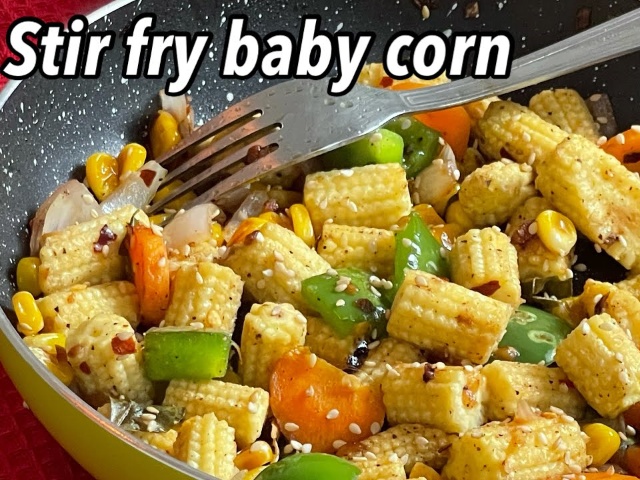
Potential Side Effects and Precautions
While baby corn is generally safe and beneficial for most people, here are a few potential side effects or concerns:
1. Allergic Reactions
Some individuals may experience allergic reactions to corn products, including baby corn. Symptoms may include itching, swelling, hives, or digestive upset. If you have a known corn allergy, it's best to consult a healthcare provider before consuming baby corn.
2. Excessive Fiber Intake
Though fiber is beneficial, too much of it — especially from sources like baby corn — can cause bloating, gas, and discomfort, particularly in people with sensitive stomachs or conditions like IBS.
3. Pesticide Residues
Conventionally grown baby corn may contain traces of pesticides. Whenever possible, choose organic baby corn or thoroughly wash the corn under running water.
4. High Sodium in Canned Varieties
Canned baby corn often contains added salt for preservation. Always check the nutrition label, and rinse canned baby corn to remove excess sodium.
Expert Insight: The Importance of Moderation
According to Dietitian Arushi Gupta, Associate Dietician at Dayanand Medical College and Hospital, Ludhiana:
“Baby corn is low in calories, high in fiber, and rich in essential antioxidants. It can be safely consumed as part of a healthy diet. However, it should be eaten in moderation, especially for people with digestive issues. Avoid relying solely on one vegetable — variety in diet is the key to long-term health.”
Final Thoughts
Baby corn is a powerhouse of nutrition in a small package. From promoting digestive and heart health to aiding in weight loss and supporting vision, its benefits are numerous. Whether you enjoy it in a stir-fry, salad, or soup, this miniature corn variety adds both flavor and nutrition to your plate.
However, like all foods, moderation is crucial. Incorporate baby corn as part of a well-balanced, diverse diet to reap the most health benefits. Whether you're a health-conscious eater, a parent trying to feed picky kids, or a gourmet chef looking for creative ingredients, baby corn deserves a spot in your kitchen.
Ready to explore new recipes and health benefits with baby corn? Stock your pantry with fresh or canned baby corn and start creating wholesome meals today!

